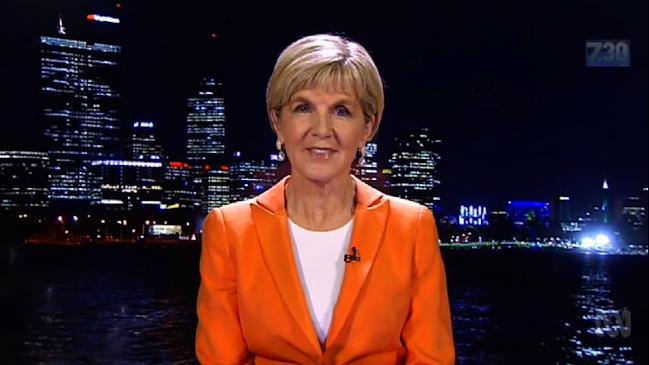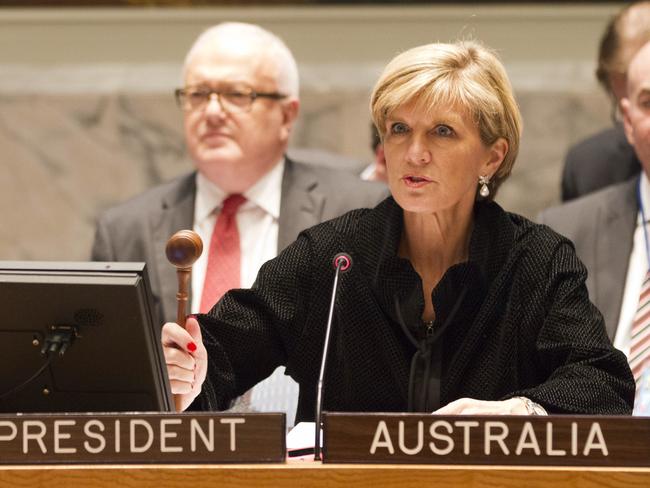Foreign policy white paper reveals power tensions arising
THE last time the Australian government produced a foreign policy white paper — more than a decade ago — there was a note of optimism about China’s rise and how it would turbocharge globalisation.

NSW
Don't miss out on the headlines from NSW. Followed categories will be added to My News.
THE last time the Australian government produced a foreign policy white paper — more than a decade ago — there was a note of optimism about China’s rise and how it would turbocharge globalisation.
It was a different era, we can wistfully recall. Fourteen years later, China presents a great conundrum for Australia.
The nation is both a major trading and economic partner, holding the keys to global prosperity and opportunity, while posing a significant security risk. Australia has an ever-increasing economic dependency on a nation that constitutes a great risk.

The White Paper does nothing to address this contradiction, but paints a clear picture of the tension between the factors.
The language in what will be Julie Bishop’s legacy document is a step-back from the sharp rhetoric on China in the 2009 Defence White Paper, which was a pivot point in Australia’s official position.
It was the first time Australia put a different interpretation on China’s rise and called out the possibility of power tensions arising.
Julie Bishop’s White Paper may be critiqued for being too feeble when it comes to stating the threat China poses, but for a foreign policy document, which requires certain etiquette and diplomacy, the language used is fairly direct. Even the mere mention of China’s military modernisation is strong in a diplomatic document.
The confidential documents underpinning the conclusions reached in the White Paper would presumably outline the threats from China’s rise more bluntly.
The paper was principally Julie Bishop’s, but had input from the National Security Committee and, of course, the Prime Minister.



